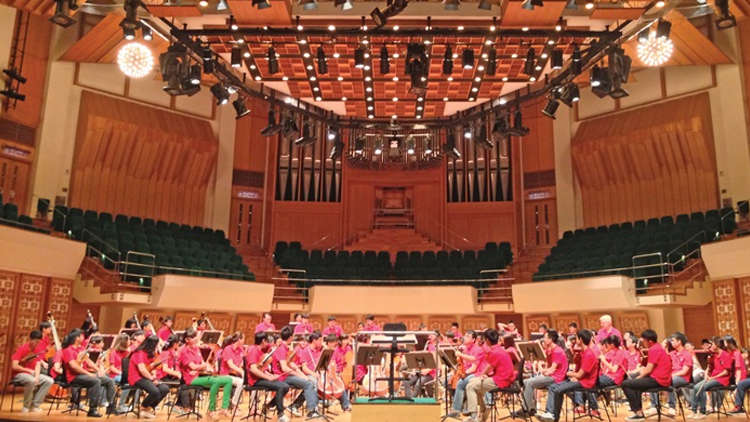Indian theatre has been a mixed bag of illustration of mood through Natya, Lasya and the mudra. Gradually over the period, a typical and distinguishing style of dramaturgy evolve that promote Indian tradition rituals, customs, and ethnicity.
English theatre, that added contemporary dimension to Indian drama, was established in India and slowly the concept of Sanskrit theatre faded away. Alongside English theatre, Bengali, Marathi, Kannada theatre also added a fresh dimension to the artistry of Indian theatre. English theatre started around in the late 17th century when the British East India Company arrived in India.
With the establishment of three presidency towns by the British in India, English theatre gained dimension. The cities of Kolkata, Mumbai, and Chennai had typical urban middle-class audiences which were responsible for thriving prosperity in the English theatre
With time, emerged Indian dramatists who were fluent and confident in the English language. Rabindranath Tagore as a dramatist has greatly contributed to English theatre. Niranjan Pal, who is the son of nationalist leader Bipin Chandra pal, started Indian Players in London and revive the same in Kolkata after he returned in 1929. Various other theatre personalities left a large dramatic Corpus.
Current English theatre personalities in India
Post-independence the nature of English dramatics changed in India as it was not only a representation of the European lifestyle but was the epitome of the social-political economic status of independent India. Many eminent theatre personalities like Habib Tanwar, Girish Karnad, Vijay Tendulkar, etc. carried on English drama in India with maturity.
The theatre then started highlighting Indian tradition, customs, rituals, conventions, rites and the folklore with the innovations in English drama. With the continuous study, deep understanding and a perfect blend of East and West, English drama in India revived as a distinct art form.
The theatre Group (Mumbai) is the English language troupe led by the first major Indian director Ibrahim Alkazi. Later Padamsee inherited it. This theatre group staged original plays by Gieve Patel and Guru Charan Das.
Fresher and the most promising Indian English dramatist is Mahesh Dattani.
The Madras Players is a theatre troupe that produces Girish Karnad’s self-translated plays.
Actress Lillete Dubey owns Primetime Theatre Company which encourages innovative playwriting.
Every year in Bengaluru, The Deccan Herald Theatre Festival is held that boost English drama by local authors such as the Dattani and Poile Sengupta.
English language stage becomes the mainstream reality in Mumbai after Adi Marzban directed his comedy Ah! Norman. This drama became a milestone that staged hundreds of performances.

